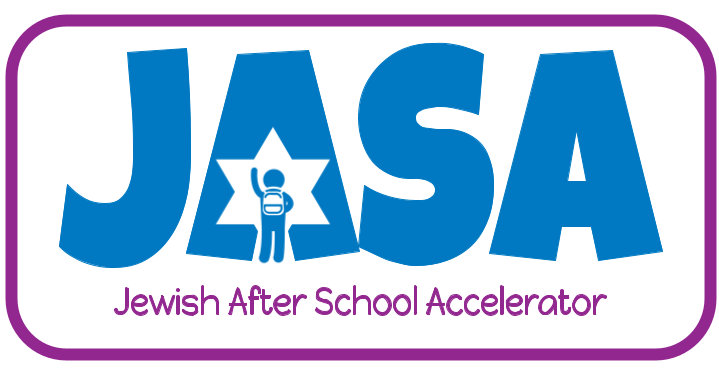
Research
National Trends in Jewish Supplemental Education
Families have busy schedules, juggling work, school, homework, family time, activities, and daily household chores. More and more families include two working parents, and single-parent households have increased. Parents need the programs they choose for their children to be flexible, convenient, accessible, and welcoming.
More than 50% of families live in an area without accessible childcare.
45% of families include two working parents.
23% of children live with one parent.
72% of non-Orthodox Jews who have married since 2010 are intermarried.
Families are more diverse than ever before.
Families have competing demands on their time.
Modern families are busy and diverse
Important studies and articles on the modern family:
United States Census Bureau: Employment characteristics of families, news release.
United States Census Bureau: America's families and living arrangements: 2021.
Center for American Progress: America's Child Care Deserts in 2018.
National Retail Federation: Connected and loyal, millennial parents have clear ideas of how they want to shop.
Trends in Jewish engagement demonstrate the need for a new approach
Research studies continue to reveal a decline in Jewish literacy and engagement, particularly among young adults.
Hebrew school enrollment plummeted over 40% from 2006 to 2019
33% of Jewish young adults say they have hardly any or no Jewish friends.
36% of Jewish young adults don’t attend synagogue because they “do not know enough.”
60% of non-Orthodox Jewish families do not participate in day school or religious school.
Young families aren’t frequenting synagogues. Membership is declining.
Youth engagement drops off after Jewish preschool and following a B’nai mitzvah.
Classrooms and play spaces in Jewish organizations are underutilized.
Important studies and articles on recent trends in Jewish engagement:
Jewish Education Project: Census: Hebrew school enrollment plummeted over 40% from 2006 to 2019
Pew Research Center: Jewish Americans in 2020.
Pew Research Center: A Portrait of Jewish Americans.
Tablet Magazine: The Challenges Facing Us.
Jewish organizations must acknowledge and adapt to the needs of the modern family to thrive – and many are!
Synagogues and Jewish organizations are
Listening to the needs of the community.
Asking hard questions.
Establishing innovation funds.
Opening new programs that address community needs.
Abandoning traditional models of Jewish supplemental education.
Embracing change.
The Jewish After School Accelerator provides the ideal opportunity for your organization to meet evolving needs.
A climate of innovation is growing
Read more about Jewish innovation:
eJewishPhilanthropy: New initiative sees after-school programs as key to Jewish education
UpStart: Working Across and Working Between: A Theory of Innovation in Jewish Education.
Alma: Why Jewish innovation matters now more than ever.
Journal of Jewish Education: Considering Disruptive and Transformative Jewish Education.
Grow your organization and strengthen your community with Jewish after school
Contact us at accelerator@jewishkidsgroups.com




